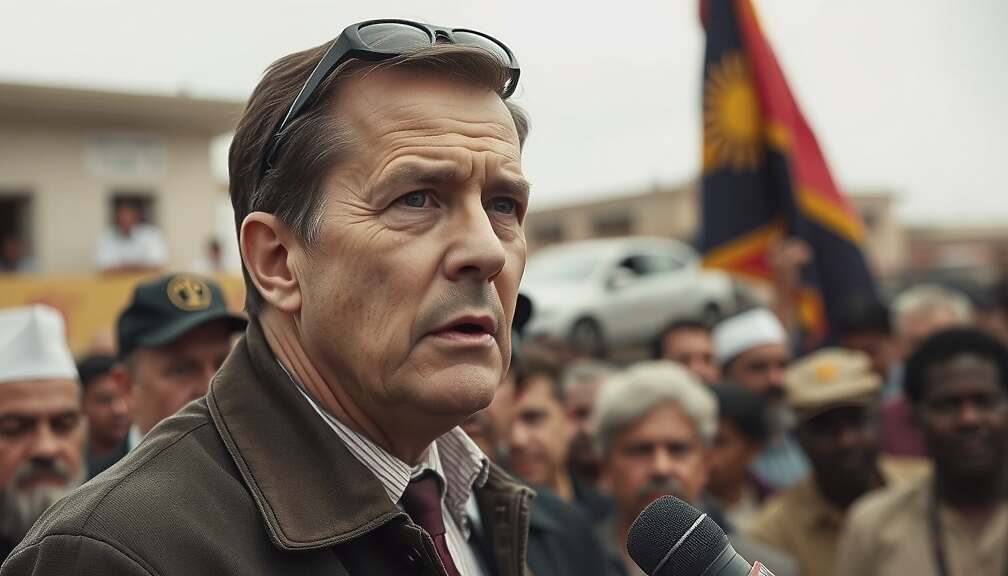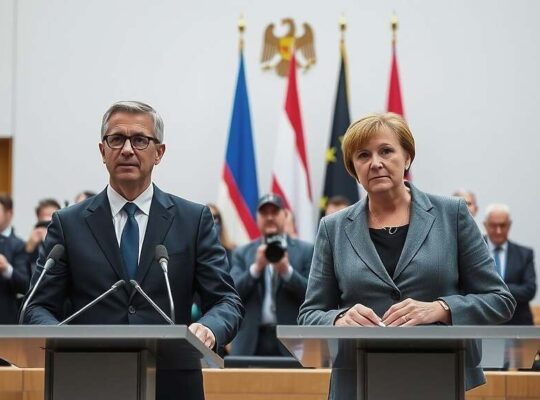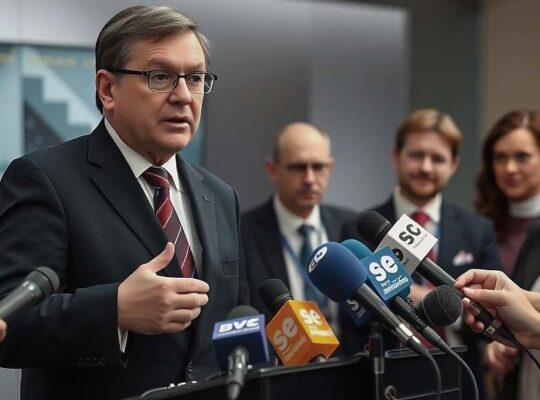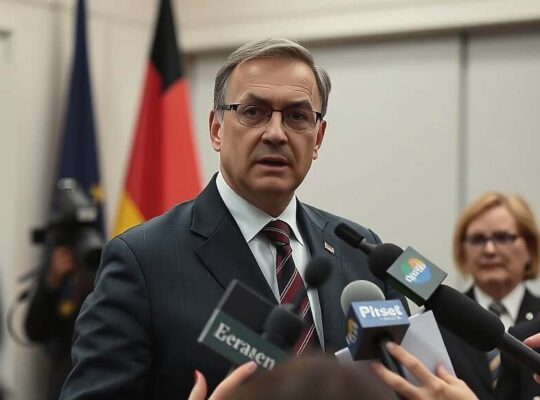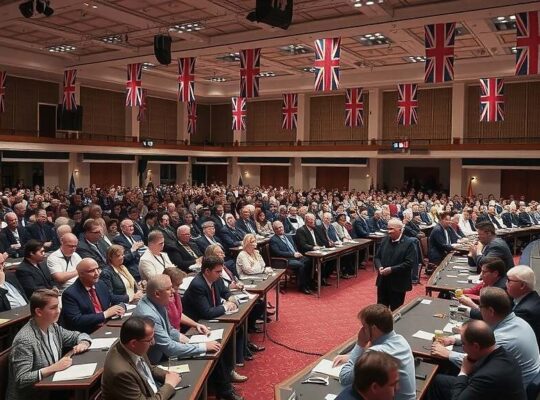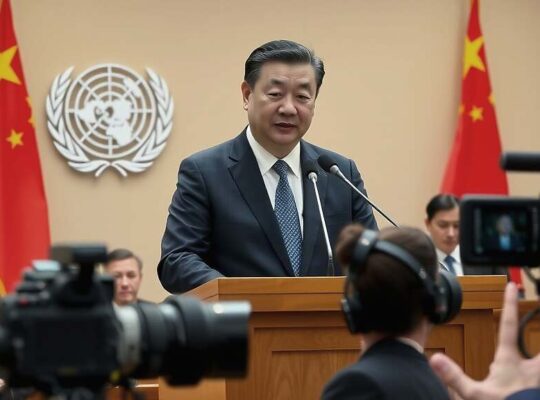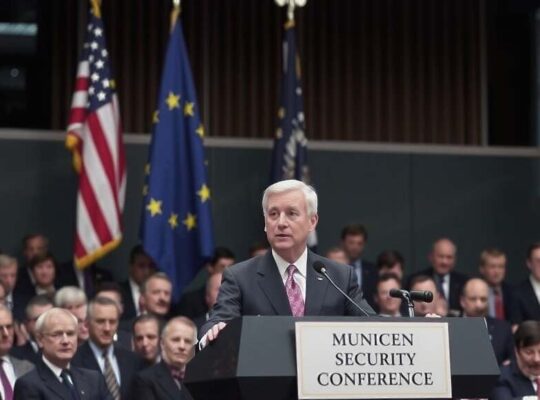The nation stands at a pivotal moment, requiring a renewed sense of collective responsibility and a commitment to shaping its future, Chancellor Friedrich Merz stated during a commemoration of German Unity Day in Saarbrücken. Addressing the public, he acknowledged a period of significant transition, describing it as potentially decisive for the country’s trajectory.
Merz highlighted several converging factors contributing to this transformative era. He noted a perceived decline in the influence of Western values, accompanied by a challenge to liberal lifestyles from alliances of authoritarian regimes. Simultaneously, he pointed to a “revolution” in economics and technology, drawing parallels to the early stages of industrialization, fundamentally reshaping the global economy. This shift, he explained, is impacting the feasibility of previously held social promises.
The Chancellor also addressed the divisive impact of migration on German society, acknowledging that it has contributed to polarization and deepened societal divisions.
Despite this diagnosis of challenges, Merz urged citizens to view the current period not as a threat, but as an opportunity to be seized collaboratively. He emphasized the importance of a shared responsibility in navigating these changes, advocating for a nation capable of self-determination, where decisions are not dictated by a select few. Underscoring the fundamental nature of the state itself, Merz concluded that it represents and belongs to all citizens.


